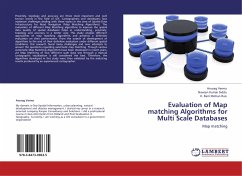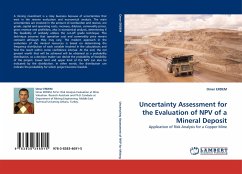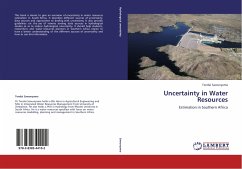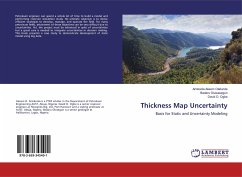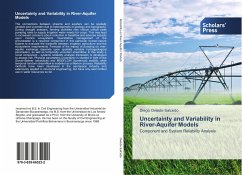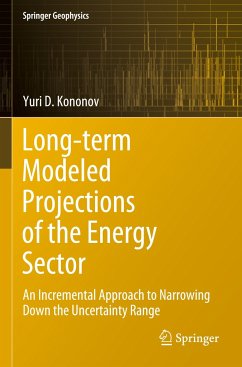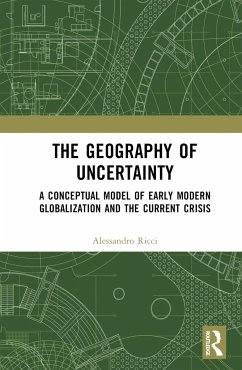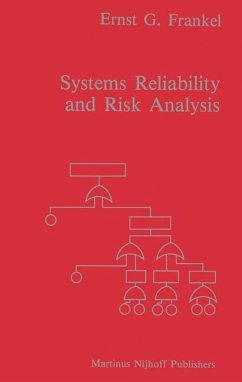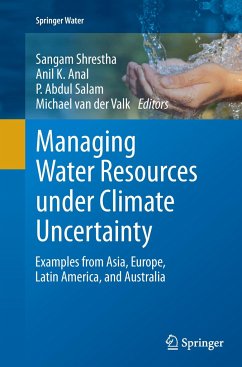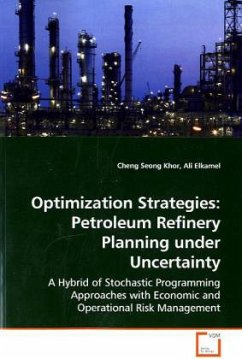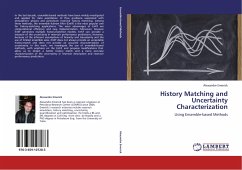
History Matching and Uncertainty Characterization
Using Ensemble-based Methods
Versandkostenfrei!
Versandfertig in 6-10 Tagen
52,99 €
inkl. MwSt.

PAYBACK Punkte
26 °P sammeln!
In the last decade, ensemble-based methods have been widely investigated and applied for data assimilation of flow problems associated with atmospheric physics and petroleum reservoir history matching. Among these methods, the ensemble Kalman filter (EnKF) is the most popular one for history-matching applications. The main advantages of EnKF are computational efficiency and easy implementation. Moreover, because EnKF generates multiple history-matched models, EnKF can provide a measure of the uncertainty in reservoir performance predictions. However, because of the inherent assumptions of line...
In the last decade, ensemble-based methods have been widely investigated and applied for data assimilation of flow problems associated with atmospheric physics and petroleum reservoir history matching. Among these methods, the ensemble Kalman filter (EnKF) is the most popular one for history-matching applications. The main advantages of EnKF are computational efficiency and easy implementation. Moreover, because EnKF generates multiple history-matched models, EnKF can provide a measure of the uncertainty in reservoir performance predictions. However, because of the inherent assumptions of linearity and Gaussianity and the use of limited ensemble sizes, EnKF does not always provide an acceptable history-match and does not provide an accurate characterization of uncertainty. In this work, we investigate the use of ensemble-based methods, with emphasis on the EnKF, and propose modifications that allow us to obtain a better history match and a more accurate characterization of the uncertainty in reservoir description and reservoir performance predictions.



